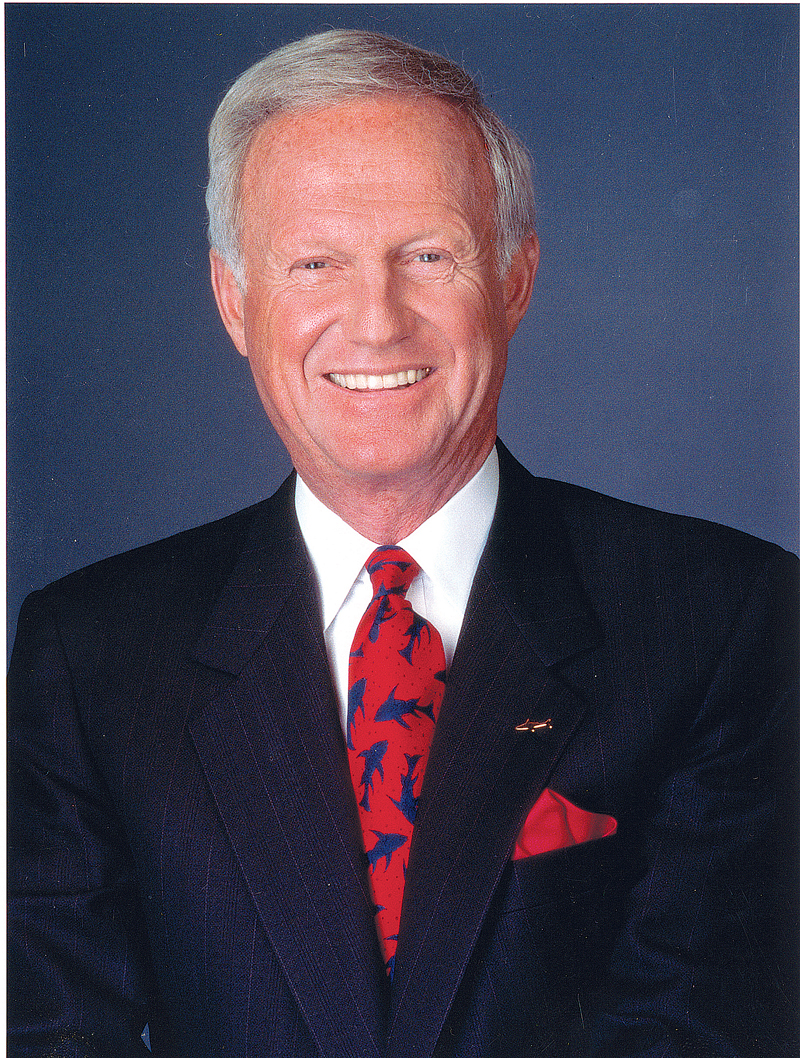A man entered a shoe repair shop and said to the owner, “I just found this claim ticket for a pair of shoes I dropped off – 10 years ago.”
“Oh my,” the shopkeeper chuckled. “Let me take a look at that,” he said as he inspected the ticket. “I hope we still have them. I’ll go in the back and check.”
The shopkeeper could be heard rummaging through boxes before he called out, “They’re still here!”
“That’s great!” the man said when the shopkeeper emerged from the back room holding a pair of dusty shoes. “How much do I owe you?”
“They’re not ready,” the shopkeeper replied, “but I can have them back to you by next Tuesday.”
We’ve all been in that man’s shoes, metaphorically. We do business with an organization, only to find out the customer isn’t really the most important person to them. Regardless of how often I speak or write about service, the response is most often centered on personal experiences that have disappointed. On rare occasions I hear about truly amazing service, and it just reinforces how important it is to share these stories with our sales force.
Let me give you an example. In the envelope manufacturing business, of which I’ve been a part for 50-plus years, we win or lose customer jobs by pennies per thousand.
With our product and pricing so dramatically close between customer options, it truly does come down to quality of service and flexibility in adapting to the “ordering off the menu” requests by customers.
But the sale only begins when the customer says yes. In addition to the sales force, every person who has a hand in the production, packaging, delivery and post-sale customer service needs to be on board with the company’s philosophy and promises. Otherwise, that customer probably won’t be a customer for long.
Keeping employees motivated to consistently provide high-quality customer service is absolutely essential for any company that plans to stay in business. Here are some basic considerations:
•
Hire the right people. The rule is you either hire smart or manage tough. Hiring smart is much better, but it requires you to know what you’re looking for and to recognize the skills and attitude you want. Look at experience and listen to your gut. If you still aren’t sure, ask yourself if you’d want that person to be working for your competitor. If the answer is no, then you know your answer.
•
Keep score. Measure performance, or your team will be in perpetual warm-up mode. Let employees know what they’re being measured on and how it’s relevant to them, their customers and the organization’s bottom line. Clear expectations eliminate misunderstandings.
•
Recognize employees. Make sure you reward the desired outcome. For instance, if you want your salespeople to create relationships and long-term accounts, reward them. We have a designated parking spot with their name near the door for the salesperson of the month.
•
Practice what you preach. If you want a motivated customer-service rep, you need to be motivated yourself first. You need to love your customers because if you’re not sincerely motivated yourself, you’ll never motivate other people to provide service excellence.
Steve Hardison, a successful executive coach, began his career in sales at Xerox. Product returns were against company policy at the time, but according to a story in the Chicago Tribune, Hardison decided one day to let one of his customers return a copier. When his boss demanded an explanation, Hardison said, “If I lose a job because I took care of a customer, then I never had a job.”
The next day his boss’s boss called him into his office. Hardison fully expected to get fired. Instead, the executive said, “I wish I had more people like you.”
Mackay’s Moral: There is no such thing as too good where customer service is involved. n
Harvey Mackay is the author of the New York Times best-seller “Swim With the Sharks Without Being Eaten Alive.” He can be reached through his website, www.harveymackay.com.












